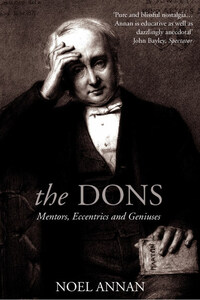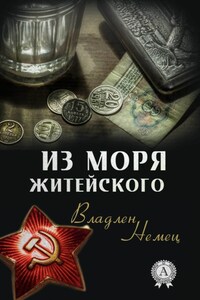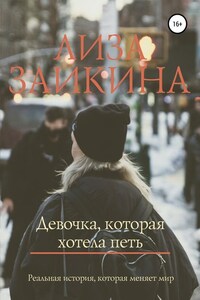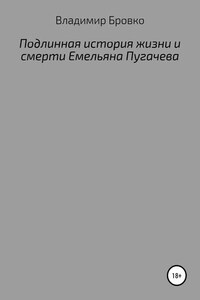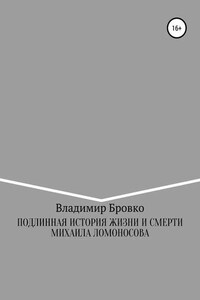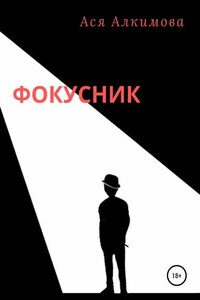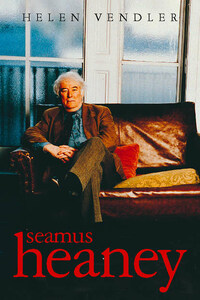HarperCollinsPublishers 1 London Bridge Street London SE1 9GF
www.harpercollins.co.uk
First published in Great Britain by HarperCollinsPublishers 1999
Copyright © Noel Annan 1999
Noel Annan asserts the moral right to be identified as the author of this work
All rights reserved under International and Pan-American Copyright Conventions. By payment of the required fees, you have been granted the nonexclusive, nontransferable right to access and read the text of this e-book on-screen. No part of this text may be reproduced, transmitted, downloaded, decompiled, reverse engineered, or stored in or introduced into any information storage and retrieval system, in any form or by any means, whether electronic or mechanical, now known or hereinafter invented, without the express written permission of HarperCollins e-books
HarperCollinsPublishers has made every reasonable effort to ensure that any picture content and written content in this ebook has been included or removed in accordance with the contractual and technological constraints in operation at the time of publication
Source ISBN: 9780002570749
Ebook Edition © June 2016 ISBN: 9780007391066 Version 2016-08-24
Anyone who writes about Oxford and Cambridge owes a debt to the scholars who wrote the history of those universities and of their individual colleges. But I owe a special debt of gratitude to the memorialists â those like Mark Pattison and William Tuckwell at Oxford and Leslie Stephen and the American, Charles Bristed, at Cambridge â who left us their personal impression of what life was like there in times gone by and of the dons whom they remembered. This book is not for the experts: they will know the references all too well. It is for the common reader.
I had another reason for writing about dons. Nearly forty-five years ago I was asked to contribute to a volume of essays to mark G. M. Trevelyanâs seventy-fifth birthday. My subject was one which I hoped would give him pleasure: the intermarriage between some families â for instance the Trevelyans, Macaulays and Arnolds â that created what I called an intellectual aristocracy. That essay has long been out of print and not easily accessible. Furthermore, it did not sit easily with the other chapters. But if you are interested in the ramifications of these families, you will find the detail of their intermarriage in the Annexe at the end of the book.
Dons are so often stereotyped. I wanted to show what a variety of dons there are, all of them memorable, all exhibiting different talents. Of course, there were others it would have been right to include. G. M. Trevelyan was one. In my first term at Cambridge he invited me to tea, and at the end of my last term before I graduated he wrote me a peremptory, almost illegible note telling me to come next morning and read aloud to him the papers I had written on my special subject â he said they were illegible. Later, when I was Provost of Kingâs and he was almost blind, I used to read poetry to him â the old favourites, Milton, Wordsworth, Tennyson, Meredith. Sometimes, sobbing with emotion, he would join me and declaim some of the hundreds of lines he knew by heart. But David Cannadine wrote an admirable memoir of Trevelyan that says so much of what needs to be said.
Then there was Keynes, whom I got to know during the war, but no less than three biographies of him exist as well as countless articles. Indeed, I could have chosen Roy Harrod, Keynesâs first biographer. At Oxford they played a game where you have to describe people in words of one syllable. The winner was the word for Harrod: âdonâ. Harrod was a great writer of notes to his colleagues, within the Establishment but always willing to advance unorthodox opinions, a critic of the tutorial which, he thought, was being used for spoon-feeding; yet none was more loyal to Oxfordâs rituals or more insistent on a donâs obligations to his pupils. A tutorial should correct âpoints of style, presentation, logic, modes of criticising authorities studied etc.â His ingenious and quirky mind enlivened the high table at Christ Church.
I had an excuse for omitting two influential dons, F. R. Leavis and Michael Oakeshott, since I had written at length on each in
